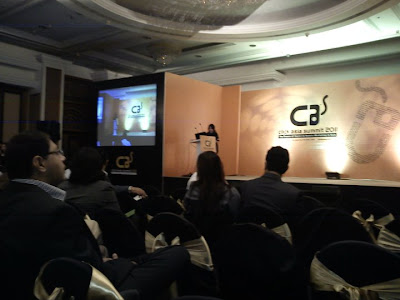Google posted on its official blog recently about the display of social search results being mixed throughout the search results based on their relevance (in the past they only appeared at the bottom). This means you’ll start seeing more from people like co-workers and friends, with annotations below the results they’ve shared or created.
The social search results currently are being dominated from Twitter as is the case in the Real Time Search results also. Improving the quality of search results and making the search results more and more relevant is a constant endeavor of the search engines. The relevant social buzz from a concerned social circle is a very logical signal which influences decisions in real life.
Now, this has been added to the virtual platform too and you can know what other people in your social circle connected to you are talking about related to the searches you make. The search results shortlisted by you get a backing if you get an opinion about it from a know person. This in fact makes you feel confident about your decision.
View the video for an example:
As always, you’ll only get social search results when you choose to log in to your Google Account. We’re starting to roll out the updates today on Google.com in English only and you’ll see them appear in the coming week.
From the SEO perspective how these social signals get incorporated in the algorithms by the search engines for rankings, only time will tell us. But the factors of popularity and authority of the social media accounts will surely be the factors which shall get woven in these algorithms.
According to me SEO is what you say about yourself or company , Social Media is what others say about you. When both these versions correlate then you win the confidence of the people and have a good word of mouth which with social media has become the world of mouth now . The marriage of social and search results has given birth to the concept of online reputation which has to be taken care of with great wisdom, honesty and intelligence.
Hence,
Think Before You Tweet And Pause And Ponder Before You Post.
Managing all the other UGC (User Generated Content) like comments, answers in forums, reviews, feedbacks, ratings, etc. is of equal importance as you never know how these may be incorporated in the social aspect of the search results in future. As all UGC are opinions and viewpoints of people which can be considered for further decisions.







